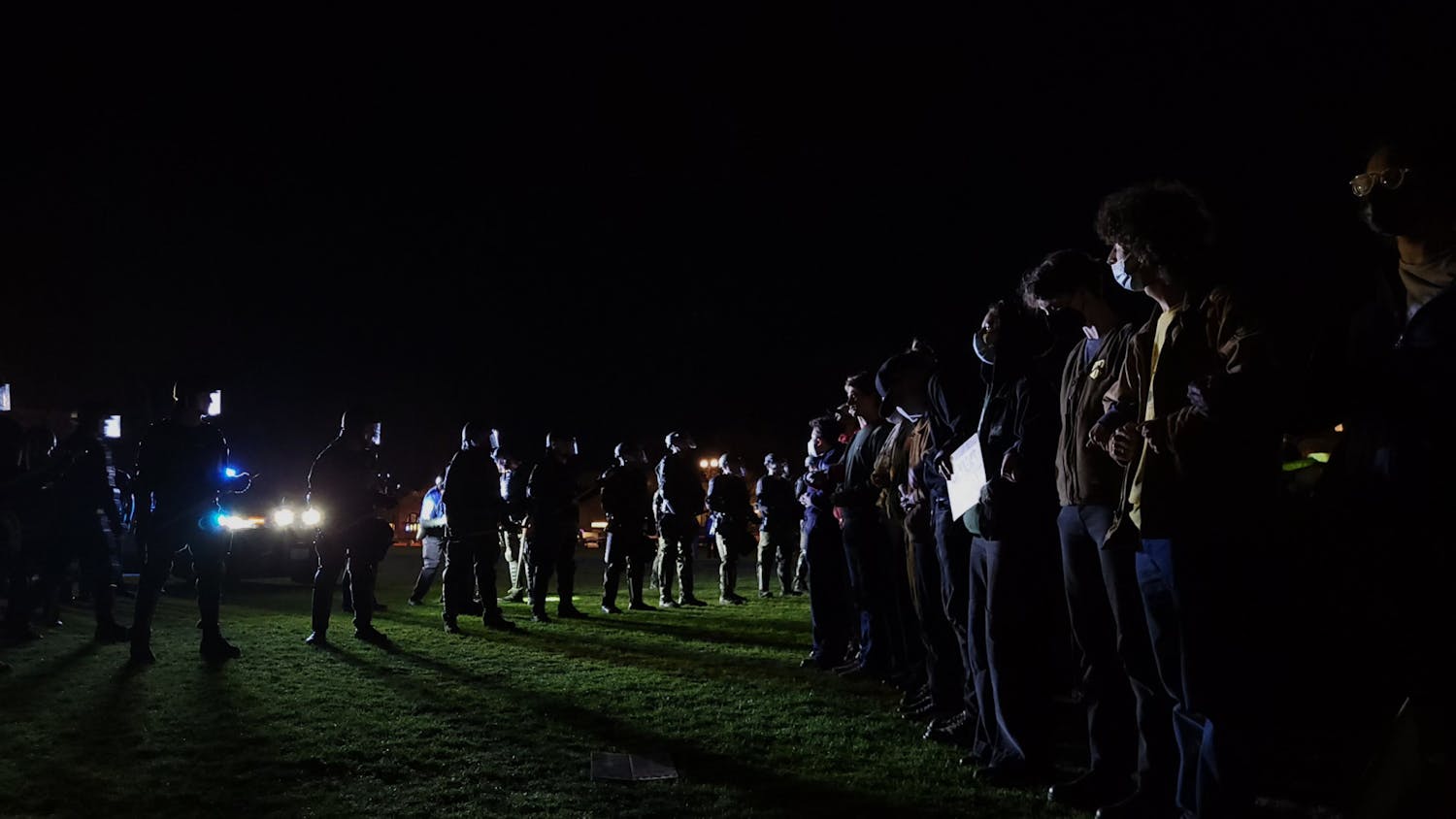That the issue of abortion is a hopelessly tangled and complicated issue, impossible to discuss due to the intensity with which both "sides" hold their beliefs, is a tragically prevalent notion. Many seek to cast abortion, and opposition to it, as a "religious" issue, effectively marginalizing the many non-religious pro-lifers and shifting discussion from reason, morality and objective discrimination to the subjective realm of religion and faith.
There can be no doubt that pro-life and pro-abortion-option advocates often speak right past each other. The American public openly and unabashedly speaks and debates about many issues, but the very word abortion is often avoided or euphemized when discussing this "reproductive rights" issue. With the debate over abortion stuck in this morass of mutual animosity that has come to characterize discussion of this troubling institution, now is the time to re-define the rhetoric and make room for meaningful discussion.
The September, 1995 issue of Atlantic Monthly and the October 16, 1995 issue of The New Republic each contain an article which acknowledges the gap in understanding and attempts to move towards a new level of discussion and understanding. "Our Bodies, Our Souls", written by the staunchly pro-abortion-option Naomi Wolf, is an appeal to the pro-abortion-option camp to acknowledge the moral aspect of abortion.
Speaking to those who believe in a right to abort, she states, "we need to contextualize the fight to defend abortion rights with a moral framework which acknowledges that the death of a fetus is a real death; that there are degrees of culpability, judgment and responsibility involved in the decision to abort a pregnancy; that the best understanding of feminists involves holding women as well as men to the responsibilities that are inseparable from their rights; and ... we need to be strong enough to acknowledge that the country's high rate of abortion -- which ends more than a quarter of all pregnancies -- can only be rightly understood as what Dr. Henry Foster was brave enough to call it: 'a failure.'"
"On Abortion: A Lincolnian Position", written by pro-lifer George McKenna, applies Abraham Lincoln's position on slavery to the debate over abortion. He begins by contrasting the prevalence and apparent public acceptance of abortion with the inability and unwillingness of Americans to engage each other on this issue. He writes, "Abortion has thus come to occupy an absurd, surrealistic place in the national dialogue: It cannot be ignored and it cannot be openly stated. It is the corpse at the dinner party."
McKenna then moves on to an examination of the philosophical issues underlying the debates over abortion and slavery, eventually proceeding to an extension of Lincoln's views on slavery to the issue of abortion.
The position McKenna outlines is "unequivocally pro-life even as it is effectively pro-choice. It does not say 'I am personally opposed to abortion': it says abortion is evil. Yet in its own way, it is pro-choice. First, it does not demand an immediate end to abortion. To extend Lincoln's ontological trope: it concludes that all those who oppose abortion can do right now is to contain the cancer, keep it from metastasizing. It thus acknowledges the present legal status of 'choice' even as it urges Americans to choose life."
Both of the articles described above deserve careful reading and reflection by all concerned citizens. In the words of McKenna, "It is time at last in America for the abortion issue to be addressed with candor and clarity by politicians of both major parties." Both Wolf and McKenna agree that "we have to start talking with one another honestly, in honest language," and that "the theme of choice without reference to the object of choice [is] morally empty."


